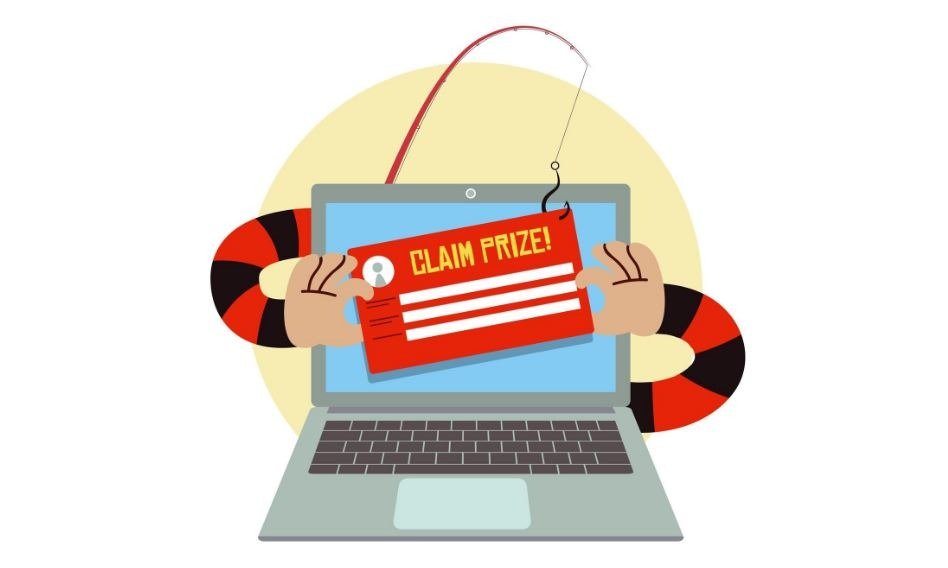
The Stark Patreon Settlement quietly lifted the veil on frequently overlooked digital behavior, arriving like a delayed reckoning. According to the case, Patreon gave Facebook access to its users’ video-watching preferences. Despite taking place behind closed doors, the implications of this personal data exchange are now widely known.
The company was charged with gathering and disseminating comprehensive data about user behavior, including identities and video preferences, by installing an invisible tracking script on Patreon.com. Plaintiffs claimed that this practice was against the federal Video Privacy Protection Act, which was enacted during the VHS era but is surprisingly still relevant to content platforms today. The lawsuit didn’t need to prove malicious intent; it only had to show that users weren’t told.
| Item | Details |
|---|---|
| Case Name | Stark et al. v. Patreon, Inc. |
| Jurisdiction | U.S. District Court, Northern District of California |
| Case Number | 3:22-CV-03131-JCS |
| Settlement Amount | $7.25 million |
| Allegation | Sharing of viewing data with Facebook without consent |
| Time Frame | April 1, 2016 – September 23, 2024 |
| Eligibility Criteria | U.S. users with Facebook and Patreon accounts who accessed video |
| Legal Basis | Violation of the Video Privacy Protection Act (VPPA) |
| Estimated Payout | Between $35 and $175 per approved claim |
| Official Website | https://www.patreonsettlement.com |
The timing of the $7.25 million settlement is what makes it so remarkable. This case rekindled crucial discussions about digital consent in a time when privacy fatigue is already a problem. In addition to a payout, the settlement provided a symbolic reminder to eligible claimants who watched videos on Patreon and Facebook during the designated time frame: be mindful of what you’re giving away.
Digital platforms experienced an unparalleled surge during the pandemic. In order to maintain their careers and community involvement, creators looked to Patreon as a lifeline. Backend practices that many users never imagined betrayed that very trust, which was deeply personal and financially intertwined. The irony is particularly sharp given Patreon’s public stance as a creator-first company.
The lesson for medium-sized tech companies is straightforward: transparency is a brand requirement, not a legal checkbox. Consumers are becoming notably more vigilant, especially when it comes to platforms that market themselves as ethical or user-focused. The larger ecosystem suffers when it is demonstrated that even these alternatives covertly give social giants access to data.
Such settlements have evolved into a subdued form of corporate accountability during the last ten years. Every platform, including fitness apps, Netflix, and Spotify, has experienced its moment of prominence. The use of a legacy statute is what makes this specific case so effective. Despite being outdated on paper, the VPPA’s resuscitation is a legal tactic that is still very effective in practice.
Public reaction was surprisingly personal. Users expressed shock, laughter, and gratitude in Reddit threads. Unexpected payouts were received by some, who described them as minor blessings. Others questioned how a site that promotes creativity and community could have such a violation.
The Stark Patreon Settlement is a slow-motion warning sign for content creators, particularly those who make money from their work via direct subscriber platforms. It emphasizes how exposed even private online environments can be when advertising and analytics converge. Since then, a number of influencers have weighed in on the case, including well-known podcasters and YouTubers, advising followers to reevaluate the way their interaction is being monitored.
Some advocacy groups are now putting forward more comprehensive reform by working with privacy law specialists. They contend that in order to make sure their data practices match the trust they promote, platforms such as Patreon ought to be subject to recurring audits. Despite their ambitious nature, such initiatives have the potential to establish a new standard for accountability in the subscription economy.
The case has already changed how digital startups view user data through consumer involvement and strategic legal action. Prior to funding, VCs are becoming more concerned with platforms’ privacy-readiness. It is suggested that founders stay away from third-party trackers that function without the users’ knowledge.
A quietly resolved case that demonstrated how hazy the boundary between consent and compromise can be has brought ethical data handling back into the public eye in recent days, rather than a high-profile hack. That it came from a platform built on trust and community only made it more poignant.
The message is still open even though the payment window has closed. The Stark Patreon Settlement isn’t merely about a check in the mail—it’s about reshaping expectations. And it’s a very successful piece of digital justice in that regard.
